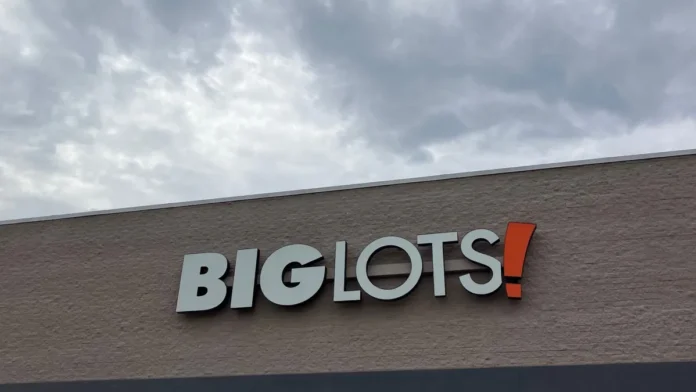In a significant development in the retail sector, Big Lots Inc., a prominent U.S. Discount retailer, has sought protection under Chapter 11 bankruptcy. This move comes as the company has struggled with mounting financial challenges, exacerbated by a tough retail environment and changing consumer preferences.
According to filings made on September 9, 2024, Big Lots seeks to restructure its business as part of a deal to be acquired by Nexus Capital Management, a private equity firm that has agreed to purchase the retailer’s stores as part of the bankruptcy process. The goal is to help the company stabilize its operations, reduce debt, and ultimately save thousands of jobs across its more than 1,400 locations.
Nexus Capital’s Acquisition Plan
As part of the bankruptcy proceedings, Big Lots has entered into a purchase agreement with Nexus Capital. The private equity firm plans to acquire the majority of the retailer’s stores, aiming to revitalize and restructure the chain. Nexus Capital is known for acquiring distressed assets and implementing turnaround strategies to improve the financial health of businesses. For Big Lots, this acquisition offers hope for a fresh start after years of declining sales and rising operational costs.
Big Lots’ move to file for Chapter 11 is meant to allow the company to continue operating while it restructures its finances and works out deals with creditors. The sale to Nexus is expected to provide the company with the liquidity needed to navigate its financial hurdles and stabilize its operations.
Challenges Leading to Bankruptcy
Big Lots, once a staple in the U.S. retail landscape, has faced multiple challenges in recent years. Shifts in consumer behavior, increased competition from online retailers, and difficulties in adapting to the e-commerce revolution have all contributed to its financial decline. The company has seen declining foot traffic in its stores, increased debt load, and a drop in profitability.
The pandemic added further pressure, with supply chain disruptions and inflationary costs impacting its ability to manage inventory and meet customer demand effectively. As a result, Big Lots has been closing underperforming stores and selling off assets in an attempt to stay afloat. However, despite these efforts, the financial strain became too much to handle without a major restructuring.
What Chapter 11 Means for Big Lots
By filing for Chapter 11 bankruptcy, Big Lots will be able to reorganize its debt while continuing to operate. This differs from Chapter 7 bankruptcy, which typically leads to liquidation. Chapter 11 allows the company to negotiate with creditors, vendors, and other stakeholders to settle its financial obligations under more favorable terms. The restructuring process is designed to give Big Lots the flexibility it needs to emerge from bankruptcy as a leaner, more efficient company.
While Big Lots has not disclosed the full scope of store closures or employee layoffs that may follow, the company stated that it intends to keep as many stores open as possible and continue serving its customers during the restructuring process.
Industry Impact and Future Outlook
The bankruptcy of Big Lots reflects broader challenges in the retail industry, especially among discount retailers that have struggled to compete with the rise of e-commerce giants like Amazon and Walmart. The acquisition by Nexus Capital could give the retailer the opportunity it needs to refocus on its core offerings, streamline operations, and strengthen its market position.
With Nexus Capital’s involvement, Big Lots could also potentially explore new growth opportunities, including enhanced online platforms, updated product offerings, and more competitive pricing strategies. However, the road to recovery will depend largely on how effectively the restructuring plan is implemented and the ability to regain consumer trust in a highly competitive retail market.
Conclusion
The Chapter 11 filing by Big Lots and the acquisition deal with Nexus Capital represents a significant moment for the U.S. retail industry. While the future of the retailer is uncertain, the bankruptcy process offers Big Lots a chance to restructure its debt, reduce operational inefficiencies, and rebuild its brand. Nexus Capital’s involvement brings hope that with the right strategies, Big Lots can turn its fortunes around and remain a key player in the discount retail market.



